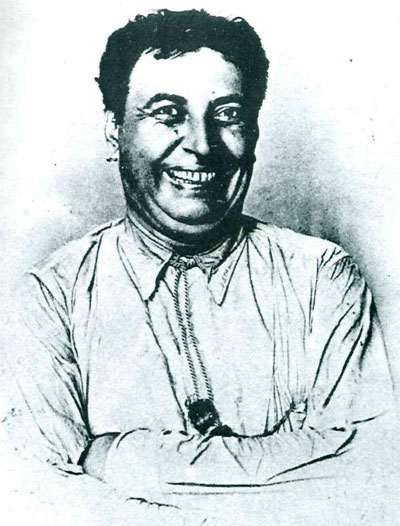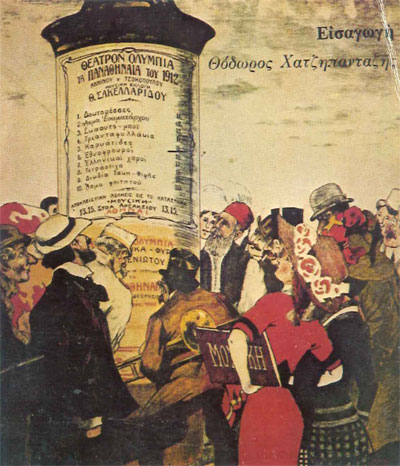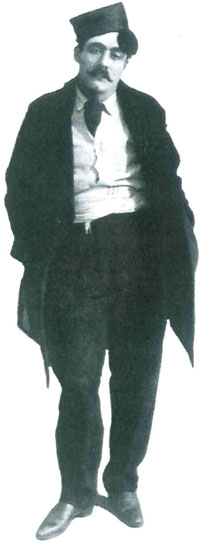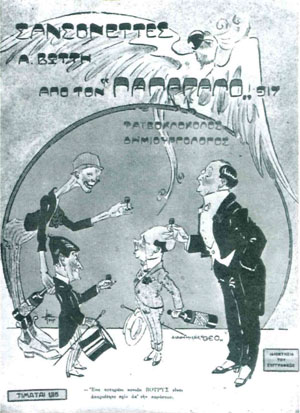- Music Information Activities
- News
- Current weekly Newsletter (in Greek)
- Newsletters Archive (in Greek)
|
However, this behavior is antedated by the Greek urban public who, in an effort to appropriate European entertainment, improvised by setting Greek lyrics on popular melodies played by the visiting foreign companies. |
||
|
We should mention at this point that the final formation of musical comedy was greatly influenced by Armenian operetta. In 1883, a company from Constantinople performed at the Europeanized coast of Palaio Faliro plays like "Leplepitzis Chor-chor Agas", "Kiose-Kechagias" etc., offering the local theatrical writers and musicians instruction as to how you can combine western orchestras with eastern type melodies, theme and comedy ( Chor – chor Agas). |
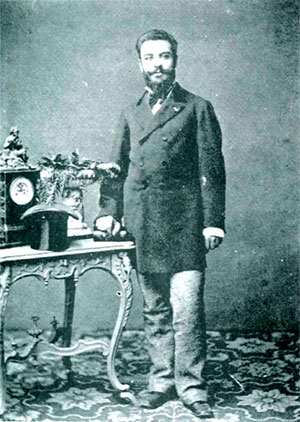 |
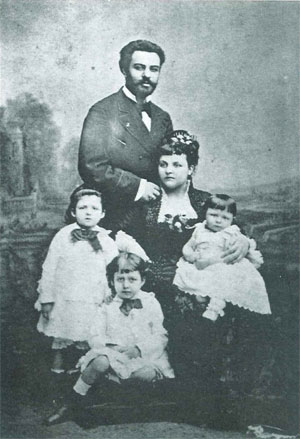 |
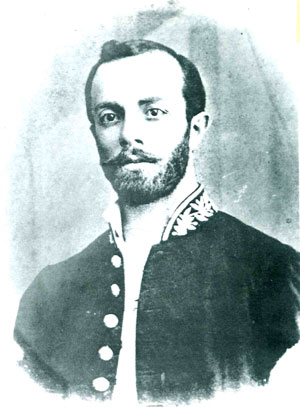 |
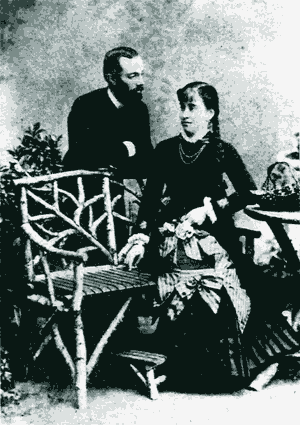 |
|
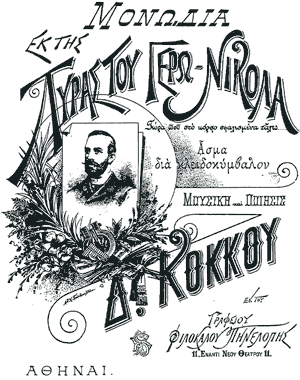 |
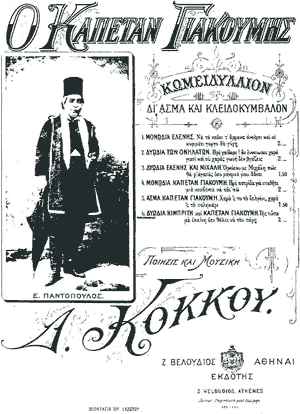 |
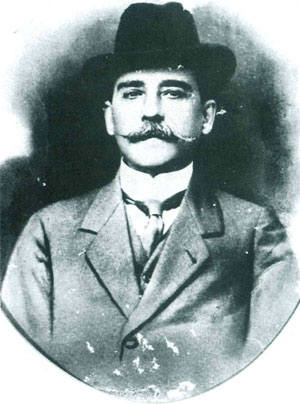 |
|
Initially, the review followed the practice of music comedy and set Greek lyrics on melodies from European operettas. This kind of reproduction not only was it not considered dishonorable, but furthermore it was good publicity for the show. Few musicians bothered with transcribing or altering the melody. Most used it in its original version and several musicians and authors were in favor of using the melodies unchanged in Greek plays. Among them was also Grigorios Xenopoulos who believed that the transcription would distort the character and personality of the music. |
 |
|
The public desire for popular European melodies was so great that kleon Triantafyllou, known as Attik, whose music was characterized by originality and his own personal style, did not succeed in review. |
|
 |
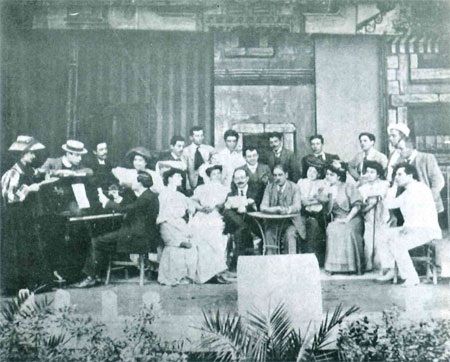 |
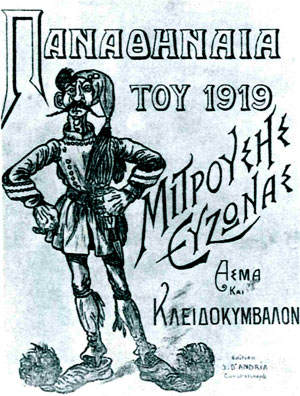 |
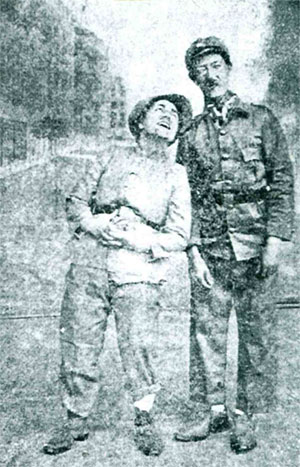 |
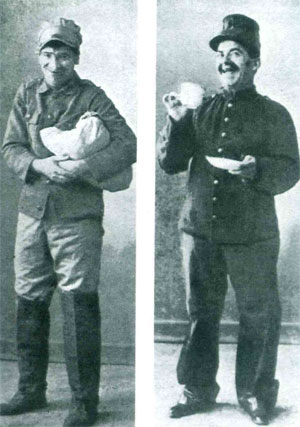 |
OperettaThe operetta had already made its appearance in Greek audiences from the 1870s, when French and Italian operetta companies performed in Greece. This kind becomes particularly popular for it intensifies the effort towards Europeanization in an entertaining and pleasant way. |
|
During the same period, Spyros Samaras writes his operettas "Polemos en polemo" (War inside war) in 1914, "I prigipisa tis Sasonos" (The princess of Sasson) and "I Kritikopoula" (The girl from Crete) in 1916. |
 |
 |
 |
|
This practice faded when, in late 19th century, some professionals or amateur musicians dared to set texts by the romantic poets of that period into their own western type but relatively original melodies, thus creating the first Greek songs which constitute the so called Athenian song. These songs are created and function independently and not within the frame of a theatrical performance (see sections on Musical comedy, Athenian review, Operetta). |
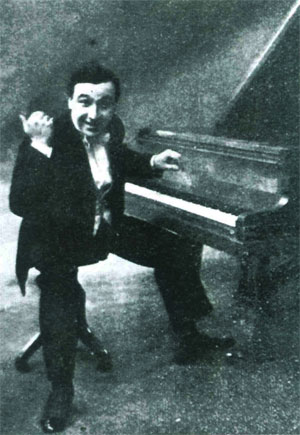 |
During the same period, in the early 20th century, there exists a composer whose case is unique, and must be examined separately. His name is Kleon Triantafyllou, commonly known as Attik. Clearly ahead of his time, characterized by a mature and full musical language, he studied his works. He always wrote the lyrics in his songs, so special that we can rightfully call him a poet and composer. Attik's activity stretches as far as the end of the German Occupation, after which he died. |
Useful links
Historical facts on the Operetta Opera and Operetta The first Operetta at the National Opera Operetta and songs on wine Operetta and feminist songs
Greek plays at the National Opera References to old Greek operettas Photograph from "I gynaika tou dromou" (The tramp) "Oi Apachides ton Athinon" (The Apaches of Athens) (1930)
Callas' operetta debute Dimitris Michailidis - contribution to the operetta Zachos Terzakis - tenor
Old Greek songs - Operettas |
|


